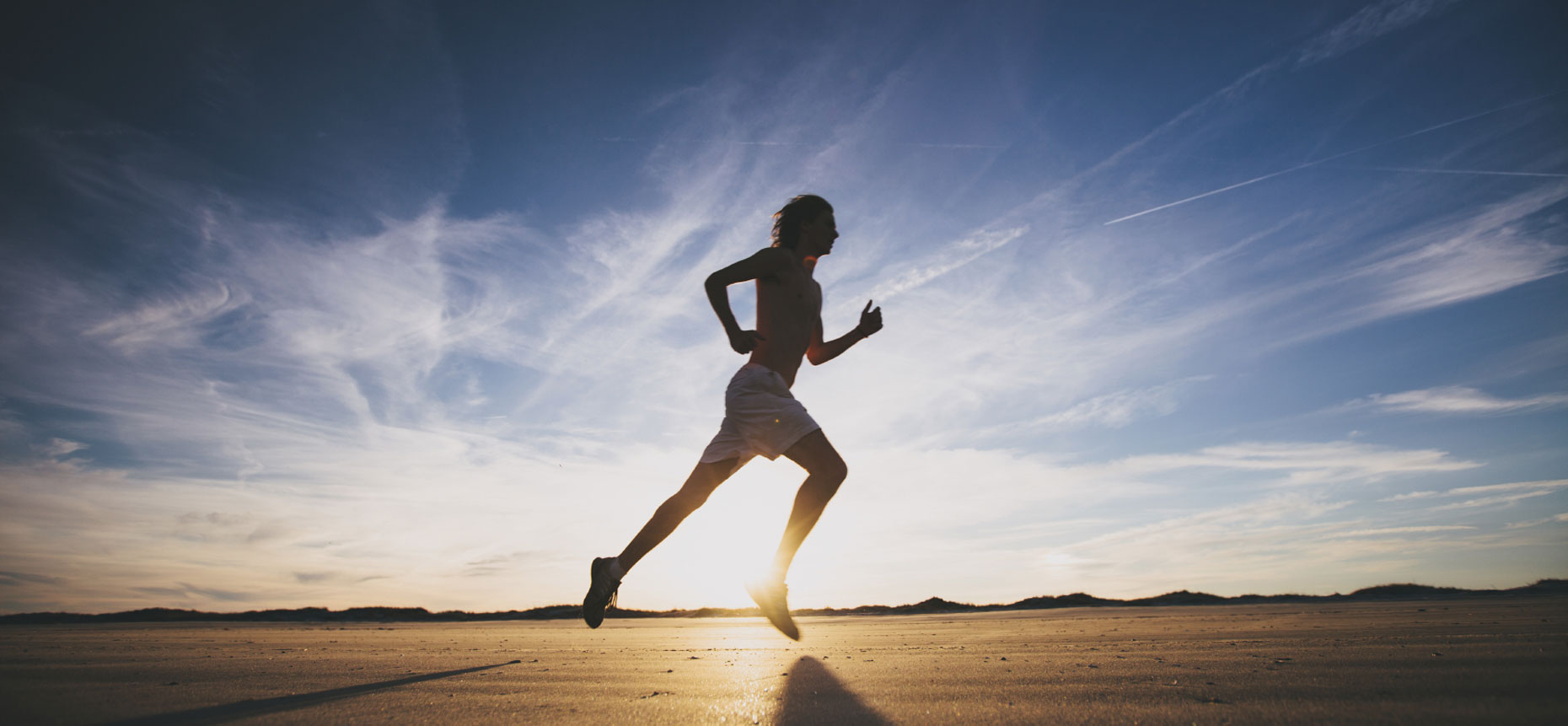
16 Sep Running Advice – Auckland Marathon 2020
The Auckland Marathon is almost here, and we hope your training has been going to plan. We hope you’re excited about running over the harbour bridge, and are looking forward to the finish line. Even if your training hasn’t been perfect, we have some tips to get you there!
1. Stretching
Static stretching (holding) stretches for warming up is out and dynamic stretching (moving) is now recommended. You can still do static stretching after run to help improve range of motion. It is best to get your body warm with a 5 minute walk or light jog before dynamic stretching. This will increase blood flow to your muscles and help to loosen them up.
– Leg swings forward/back x 10, side/side x 10
– High knees- lifting your knees up to your chest, 10 times each side.
– Hip rotations- lifting your knee up to 90 degrees, move the knee through a figure 8 motion to open up the range of motion in your hips
– Standing alternate calf raises x 10 each side
2. Training load
Follow your training plan – don’t do too much too soon! During the race, try and keep track of your pace, you may find you go too fast during the first half and need to slow down. You will need to save your energy for the last few km! If you haven’t followed your training programme enough prior to the day – don’t try and cram it all in at the last minute. You may have to walk/run, and that’s ok, slow and steady wins the race, no matter how long it takes.
3. Recovery
– After every run, make sure you cool down and walk for at least 5-10 minutes.
– Stretch all major muscle groups after your cool down, and/or stretch anything that is sore/tight (the bare minimum should be a calf, quadriceps and hamstring stretch, 30sec hold). If you’re really sore/tight, self-release over a foam roller could take your muscle recovery to the next level.
– Make sure you’re getting enough water intake (hydration) within the first 10-15mins after stopping. Adults should drink an average of 1.5-2L of water per day. You may need extra electrolytes (eg Gatorade). This should be a few days before, as well as on training/race day.
– Nutrition is important. Pre-run, try and have a protein filled breakfast (eggs, oatmeal, toast +/- fruit and yoghurt), or dinner (sweet potatoes/potato, rice, pasta and a protein), make sure you have a few carbohydrates e.g. a salad with a sandwich, pasta, or leftovers from the night before.)
– Supplements such as magnesium may help with post-exercise muscle soreness. Speak to your GP or pharmacist about this.
If you’re carrying any injuries, now is the perfect time to get them seen to – don’t leave it until the last minute!




No Comments